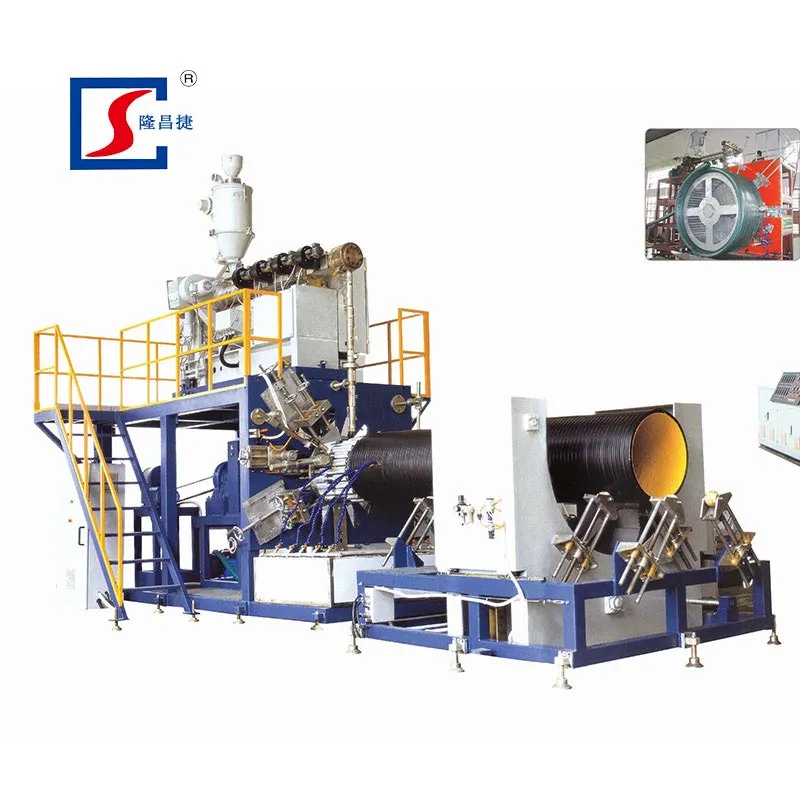Understanding Pipe Production Lines: Key Components and Benefits
2024-11-20
The pipe production industry is evolving rapidly, driven by technological advancements and the increasing demand for sustainable, high-performance piping solutions. In this blog, we’ll explore the latest trends and innovations shaping the future of pipe production lines.
1. Smart Automation in Pipe Production
Automation is no longer limited to basic processes. Advanced pipe production lines now feature:
- AI and Machine Learning: For real-time quality checks and predictive maintenance.
- Robotic Handling Systems: Enhancing efficiency in feeding, cutting, and packaging operations.
2. Focus on Energy Efficiency
Manufacturers are adopting energy-efficient technologies to reduce carbon footprints:
- Eco-Friendly Extruders: Use advanced heating systems to minimize energy consumption.
- Heat Recovery Systems: Capture and reuse heat during production.
3. Integration of Digital Twins
Digital twins replicate the entire production line virtually, enabling:
- Simulation and Optimization: Testing production scenarios without disrupting operations.
- Real-Time Monitoring: Identifying bottlenecks and ensuring smooth workflow.
4. Advanced Materials for Pipe Production
Innovations in materials are enabling the production of more durable and versatile pipes:
- Composite Pipes: Combining the strength of metal with the corrosion resistance of plastic.
- Recycled Plastics: Promoting sustainability in pipe manufacturing.

5. Modular Production Lines
Modular pipe production lines offer flexibility, allowing manufacturers to:
- Adapt Quickly: Reconfigure machinery to meet changing demands.
- Expand Easily: Add new modules without overhauling the entire system.
6. Enhanced Quality Control Systems
State-of-the-art inspection systems now use:
- Non-Destructive Testing (NDT): Detect flaws without damaging the product.
- Laser Scanning: Ensures precise dimensional accuracy.
7. Green Manufacturing Practices
Sustainability is a key focus, with initiatives such as:
- Biodegradable Pipe Materials: For short-term applications like irrigation.
- Zero-Waste Production: Recycling scrap materials back into the production cycle.
Future Applications of Pipe Production Lines
With innovations on the rise, pipe production lines are poised to meet the demands of emerging sectors:
- Smart Cities: Advanced piping systems for water and energy distribution.
- Renewable Energy: Pipes for solar thermal and geothermal systems.
- Healthcare: Hygienic piping solutions for medical facilities.
Conclusion
The future of pipe production lines is marked by intelligent automation, sustainability, and cutting-edge materials. By embracing these innovations, manufacturers can enhance efficiency, reduce costs, and stay ahead in an increasingly competitive market. Whether you’re a small-scale producer or a global manufacturer, keeping up with these trends is essential to remain relevant and efficient.


